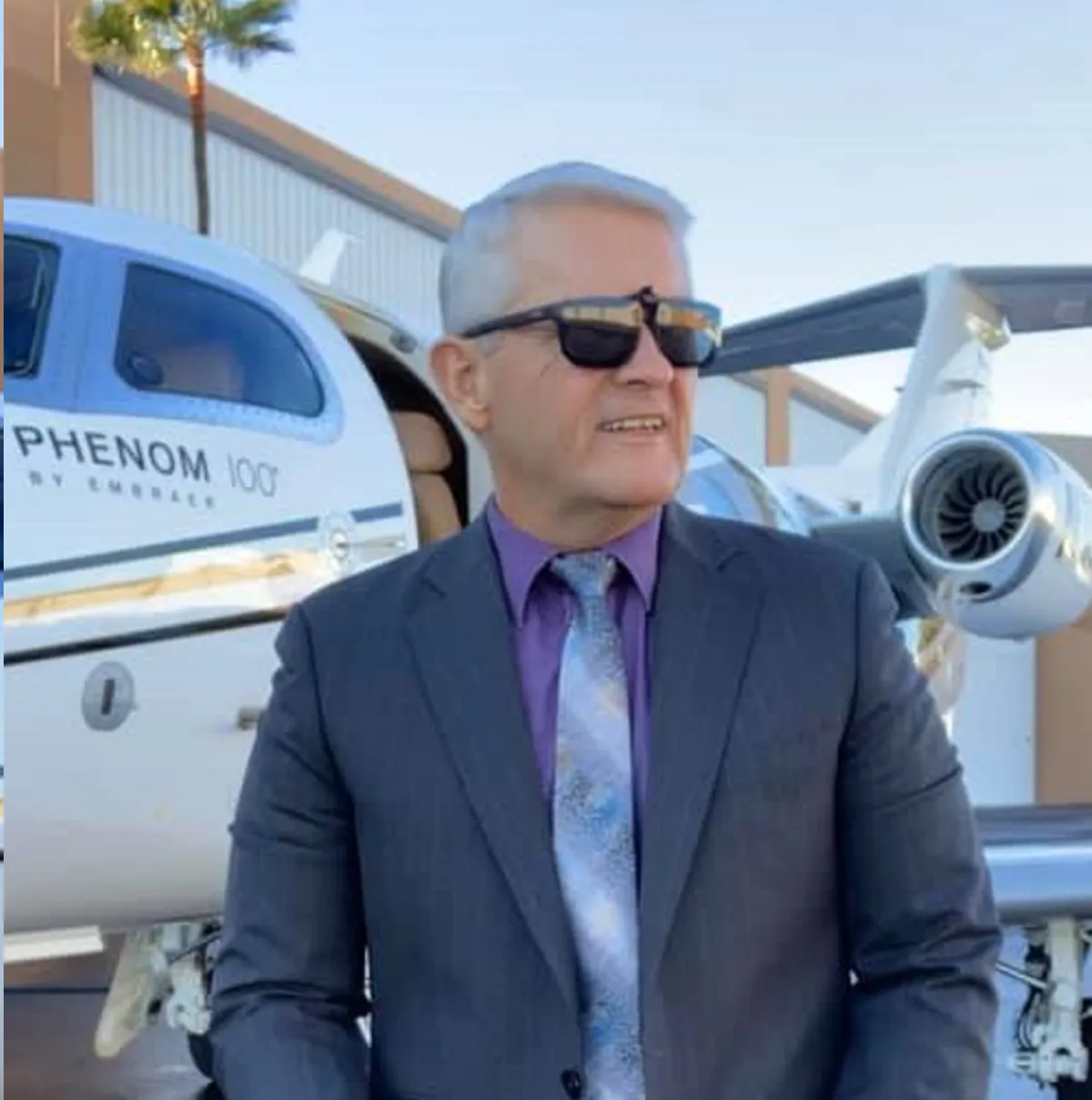
Special Guest Expert - Elijah Stepp

Elijah Stepp
Eli Stepp is a US Army Veteran who has served the Business Aviation Industry for more than 40 years. He is founder and President of BizAvJets Inc advisory services, and founding partner/co-owner/co-publisher of BizAvJets USA Magazine. He also actively serves the BizAv Industry on a full time basis in multiple roles.
Connect with Elijah:
Please Share This With Your Followers
